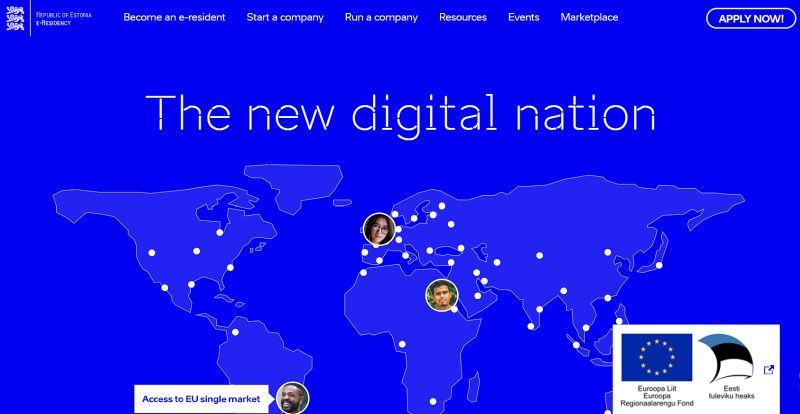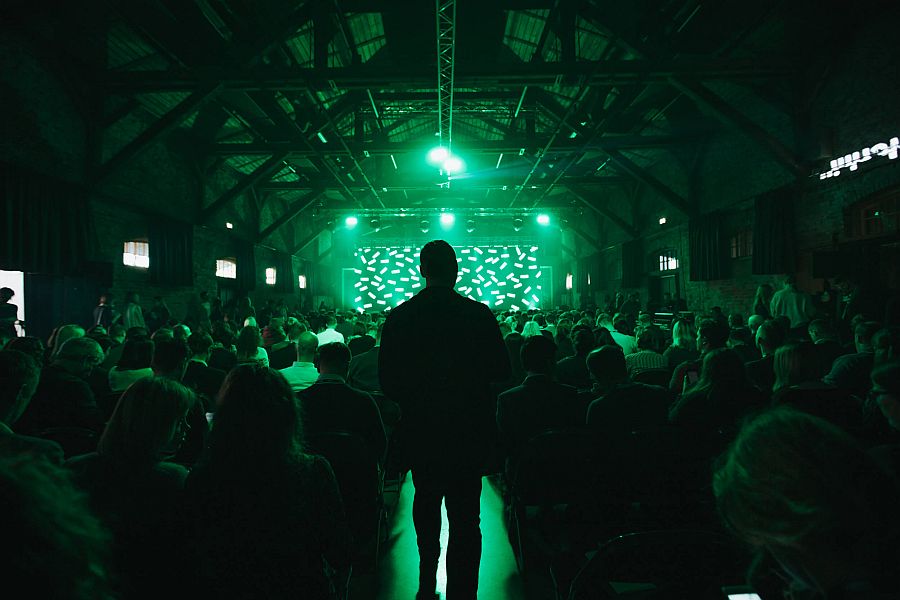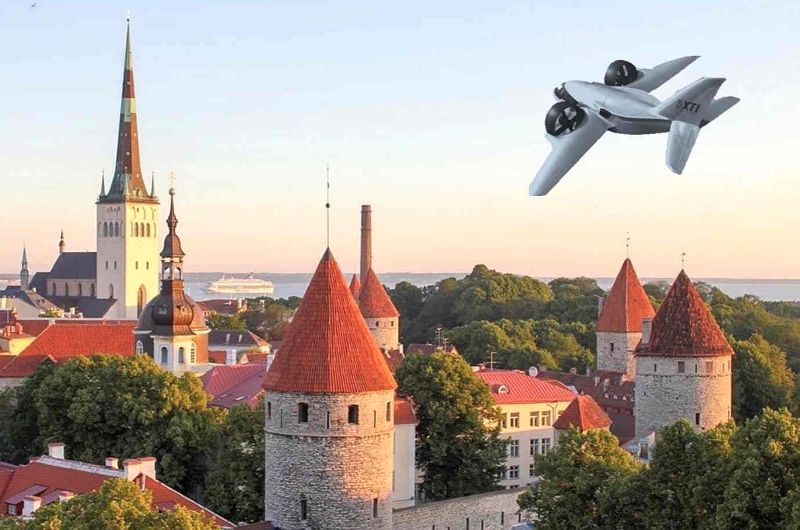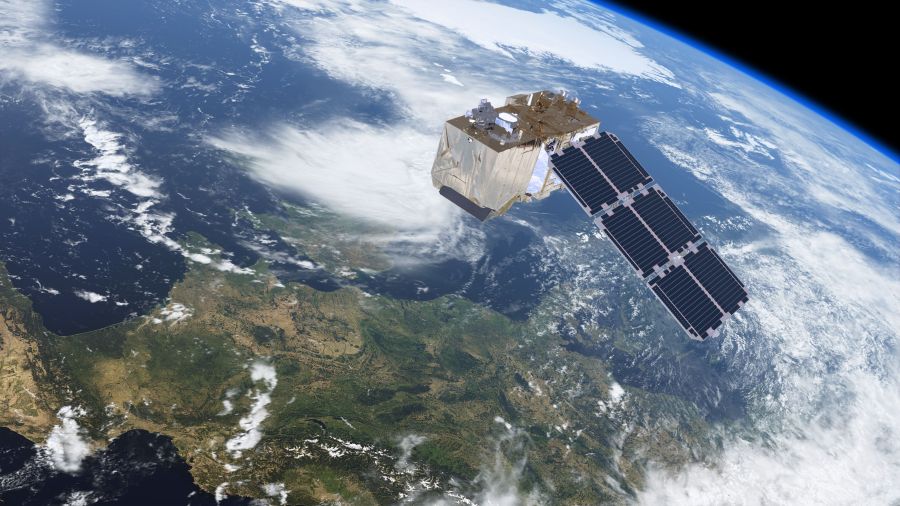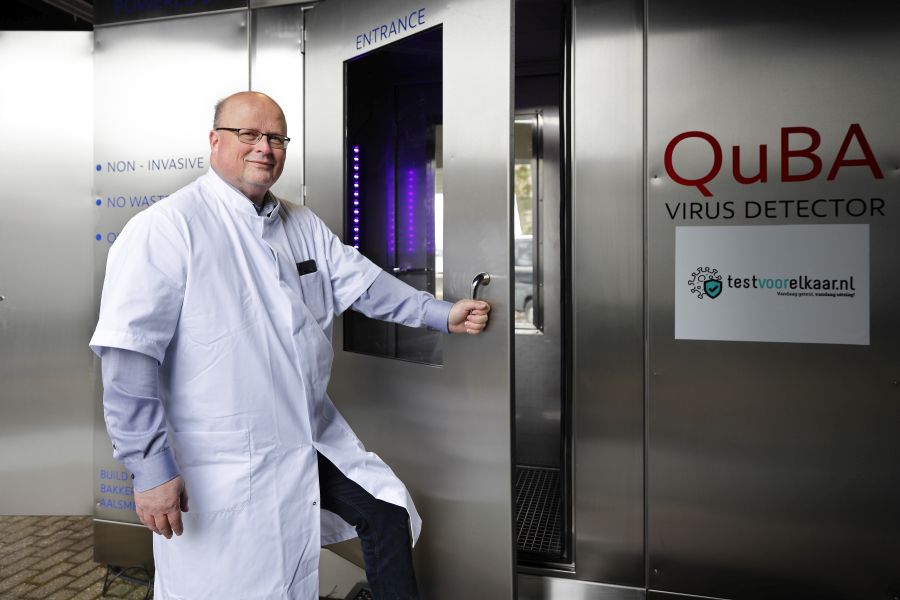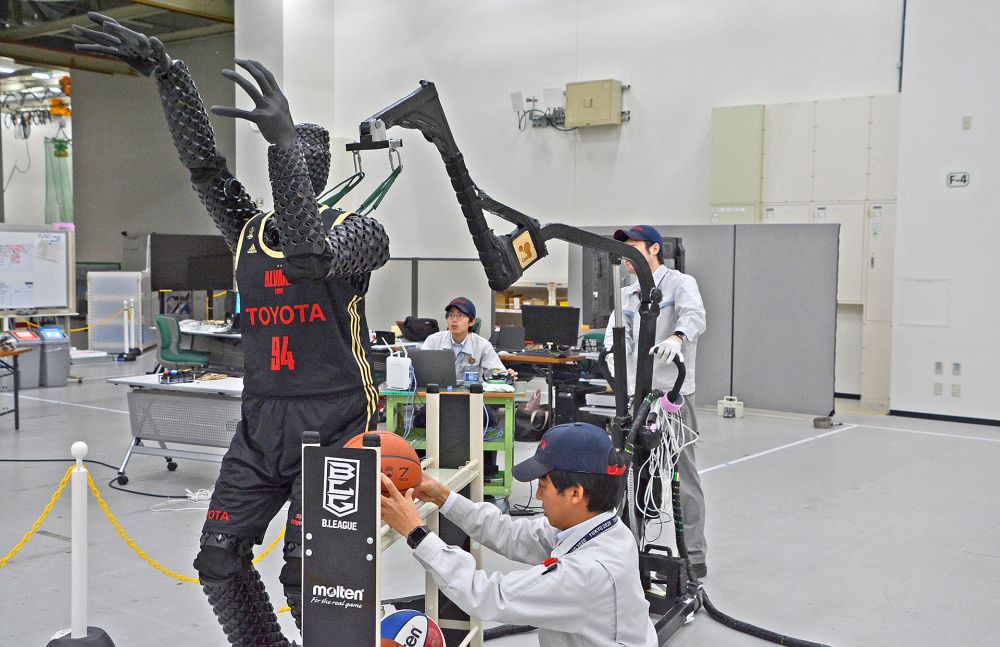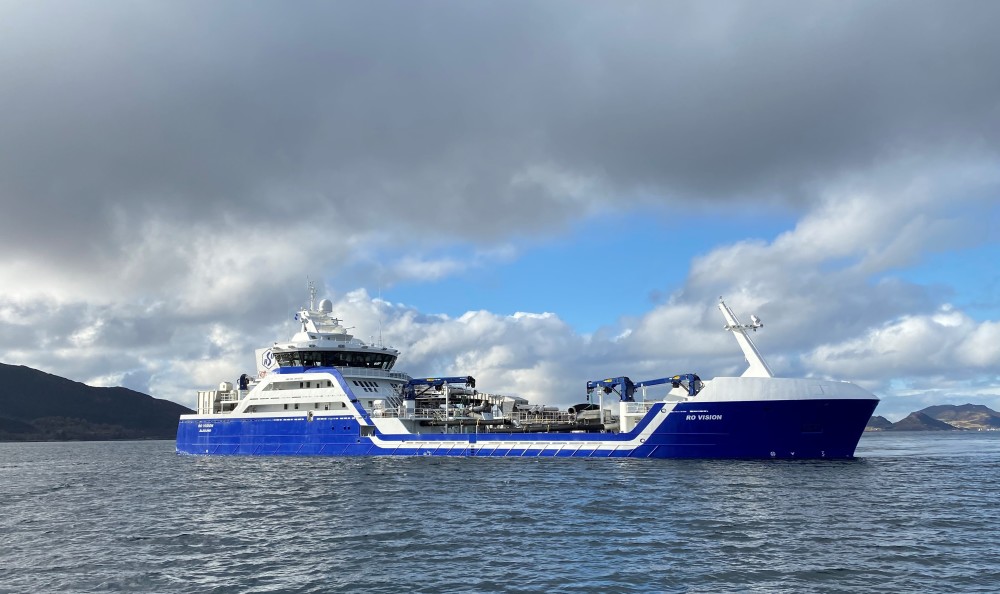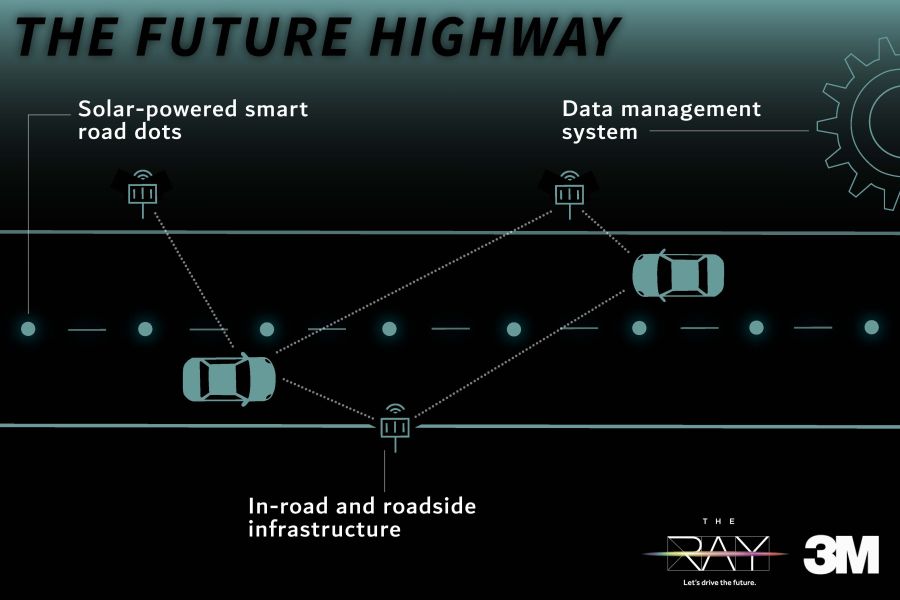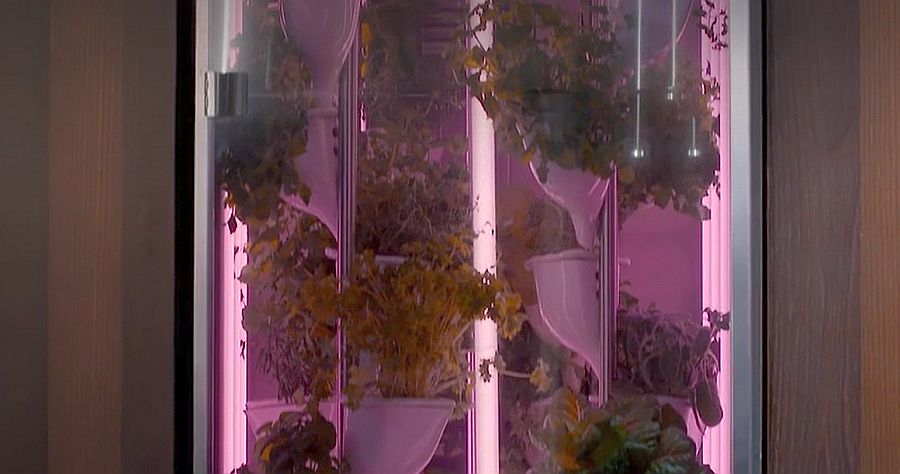Nokia selected by NASA to build first ever cellular network on the Moon
Nokia has announced further details after being named by NASA as a partner to advance “Tipping Point” technologies for the Moon, deploying the first LTE/4G communications system in space and helping pave the way towards sustainable human presence on the lunar surface.
Nokia Bell Labs’ pioneering innovations will be used to build and deploy the first ultra-compact, low-power, space-hardened, end-to-end LTE solution on the lunar surface in late 2022. Nokia is partnering with Intuitive Machines for this mission to integrate this groundbreaking network into their lunar lander and deliver it to the lunar surface. The network will self-configure upon deployment and establish the first LTE communications system on the Moon.
E-Residency sees Rapid Expansion in Southeast Asia, Launches New ID Collection Points to Meet Rising Demand from Entrepreneurs
The Estonian government's e-Residency programme, pioneer of the world's first digital residency initiative, today announced the launch of four new international 'pick-up points', including Singapore, Bangkok, São Paulo and Johannesburg. With two new locations in Southeast Asia, this expansion comes at a time where there is increased demand from entrepreneurs and tech talent in the region to scale their business internationally. Singapore in particular, as a hotbed for innovation and talent, has gained a huge appeal to digital nomads who are capitalising on today's remote work models to start a business from anywhere.
TechChill throws its doors open – invites the world into the startup forge that is the Baltics
For the first time ever, TechChill, the leading and probably 2021's only startup event in the Baltics, is throwing the doors open to the world on May 20-21. Anyone, anywhere, will have the chance to take a look into the inner workings of the most startup-friendly region of the world.
TechChill will be held digitally, making it possible for anyone to access the event that previously has been restricted to those ready to travel. As the only major startup event of 2021, this is the best chance for others to take a peek into how this region fosters an environment of innovation to continually put out startup heavyweights.
XTI Aircraft Company and Estonian Agencies sign MoU to recognize Estonia as a Regional Mobility Hub
The organizations intend to work with XTI to establish a presence in Tallinn, Estonia to directly serve the region.
TriFan 600 VTOL Aircraft over TalinnXTI Aircraft Company (XTI) has signed a Memorandum of Understanding (MoU) with Enterprise Estonia, Estonian Aviation Cluster (EAC), and the Estonian Aviation Academy (EAVA) to recognize Estonia as a Regional Mobility hub for the TriFan 600, the world’s first civilian hybrid-electric long-range vertical takeoff and landing (VTOL) airplane.
The organizations intend to collaborate with XTI to establish a corporate presence in Tallinn, Estonia to directly serve the region.
Satellite imagery key to powering Google Earth
One of the most comprehensive pictures of our changing planet is now available to the public. Thanks to the close collaboration between Google Earth, ESA, the European Commission, NASA and the US Geological Survey, 24 million satellite photos from the past 37 years have been embedded into a new layer of Google Earth – creating a new, explorable view of time on our planet.
In the biggest update to Google Earth since 2017, users can now discover our planet in an entirely new dimension – time. With a new feature called Timelapse in Google Earth, users can witness nearly four decades of change across the entire planet. The update will show the visual evidence of the drastic changes taking place in our world including the effects of climate change and human behaviour.
YANMAR Powers Promising New COVID-19 Breath Test
On 18 February, a two-week official validation test started of revolutionary new COVID-19 rapid testing method: a breath test with the QuBA (Quick Breath Analyzer). Fast, safe, reliable and - very important - without any nasty swabs in your nose and throat.
The test could be a huge breakthrough in getting social life back on track.
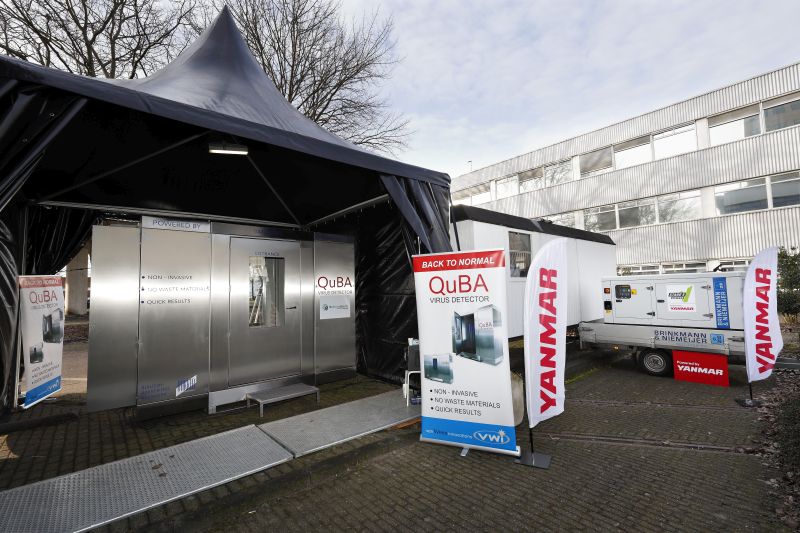
Users take the test by entering the testing cabin and speaking out loud.
The AI Basketball Robot CUE4 Attempts to Join a B. League All-Star Game
CUE is an AI basketball-playing robot that scores 100 out of 100 shots, developed by Toyota volunteers in their free time. The development team working on the project as real work, scheduled until 2020, unveiled CUE4, the fourth generation, at the end of 2019.
"Novices attempting the impossible from scratch"―This is the third installment of this special in-house project.
Yanmar Powers Award-winning Norwegian Hybrid Fishing Vessel Facebook LinkedIn Twitter
Yanmar has delivered engines for an innovative hybrid power solution for the live fish carrier, Ro Vision, the winner of Norway’s Boat of the Year Award. Built by Norwegian shipyard Larsnes Mek. Verksted AS., the The Ro Vision is powered by three of Yanmar’s 6EY22ALW diesel generators integrated with a 600kW battery pack from Siemens which together provide power for onboard systems and the electric propulsion system. The ground-breaking vessel was awarded Norway’s prestigious Ship of the Year Award for 2020 for its outstanding technology and design.
The Ray and 3M started to develop smart road solutions
The Ray and 3M announced today the expansion of their partnership and ongoing work to improve transportation safety and help save American lives by advancing innovation and exciting technologies in the transportation sector. The collaboration, which began in 2018, has targeted existing and potential future opportunities to modernize ubiquitous road infrastructure to enable the predictable and safe operation of connected and autonomous vehicles.
What’s Better than Farm-To-Table? Kitchen-To-Table!
Food harvested right before consuming is the best for preserve all minerals, nutrients and vitamins.
This is unparalleled freshness, taste and smell. Who can stand by, passively witnessing the loss of food’s original taste and the damage to our health & planet that the food industry has imposed upon us?
After 4 years of substantive investments and efforts, Natufia Labs has become a leading research lab and a specialized manufacturer of high technology content hydroponic equipment specially designed for the greatest chefs who share our vision about original taste, traceability, pesticides, GMOs, herbicides, and the responsibility we all have toward our planet.

